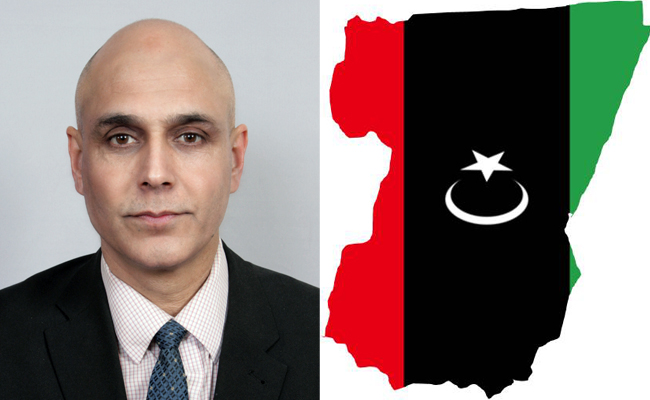By Qasim Swati (United Kingdom)
Despite being the 16th-largest country in the world, the fourth-largest country in Africa and having the 10th-largest proven oil reserves of any country globally, the people of Libya have been suffering in various ways since the start of the First Libyan Civil War, that began on 17 February, 2011, and also known as the Libyan Revolution or the 17 February Revolution.
This First Libyan Civil War lasted for 8 months, 1 week and 1 day, in which some 9,400 to 20,000 people were killed, around 4,000 missing and, approximately, 50,000 wounded. In the same way, the Second Libyan Civil War (2014 – present) is an ongoing conflict between hostile groups, who fight for the control of Libya, which has resulted in 8,788 killings, and injured as many as 20,000 people (just, as of May, 2015). Actually, the current Libyan Civil War is a continuous armed clash or fighting between the UN-backed Government of National Accord (GNA), led by Prime Minister Fayez Mustafa al-Sarraj, based in Tripoli, helped by security forces, armed groups and militias and supported by Turkey, Italy and Qatar, on one side, and the self-proclaimed Libyan National Army (LNA), led by Field Marshal Khalifa Belqasim Haftar, affiliating with the interim government in the east of Libya, and supported by Russia, France, Egypt, Saudi Arabia and United Arab Emirates (UAE), on the other.
According to a report about (Libya – 2019) by Amnesty International, both sides have committed many human rights violations and human rights abuses, which include such crimes, as killing, injuring and displacing of civilians; detention of thousands of people, most indefinitely without any judicial process; taking people as hostages for ransoms or for releasing a captive or detainee; widespread ill-treatment and torture in unofficial places of detention, prisons and detention centres; suppression of freedom of expression by security forces, armed groups and militias in the form of attacking, abducting and harassing human rights defenders, human rights activists, journalists and politicians; women rights violations; violence, threats and serious intimidation against judges and lawyers by militias and armed groups; inhuman, precarious and uncertain situation for tens of thousands of migrants, asylum-seekers and refugees, like abduction and arbitrary arrest by militias and human trafficking and abuses by criminal groups, and unlawful detention of thousands of people in centres and their torture, forced labour, ill-treatment and exploitation by the authorities, etc.
Qasim Swati is a freelance journalist, writer and human rights activist, based in the UK, and can be reached at https://qasimswati.com or mailto:info@qasimswati.com.
